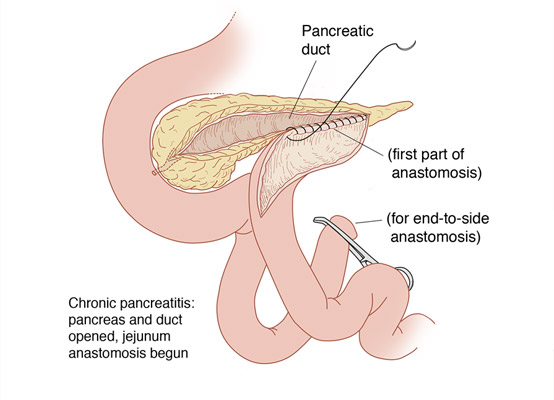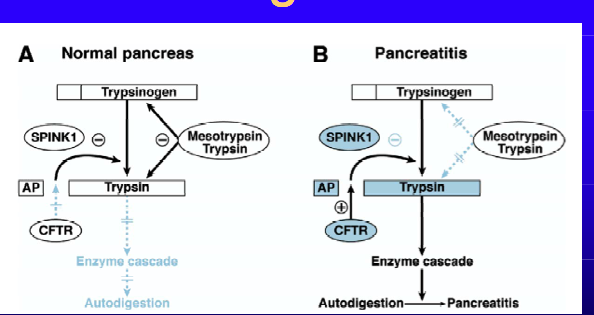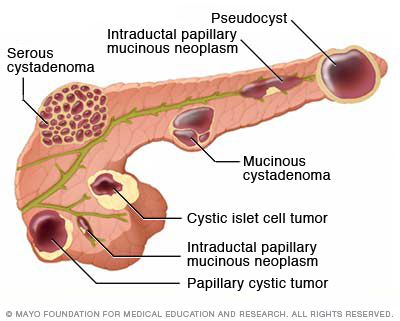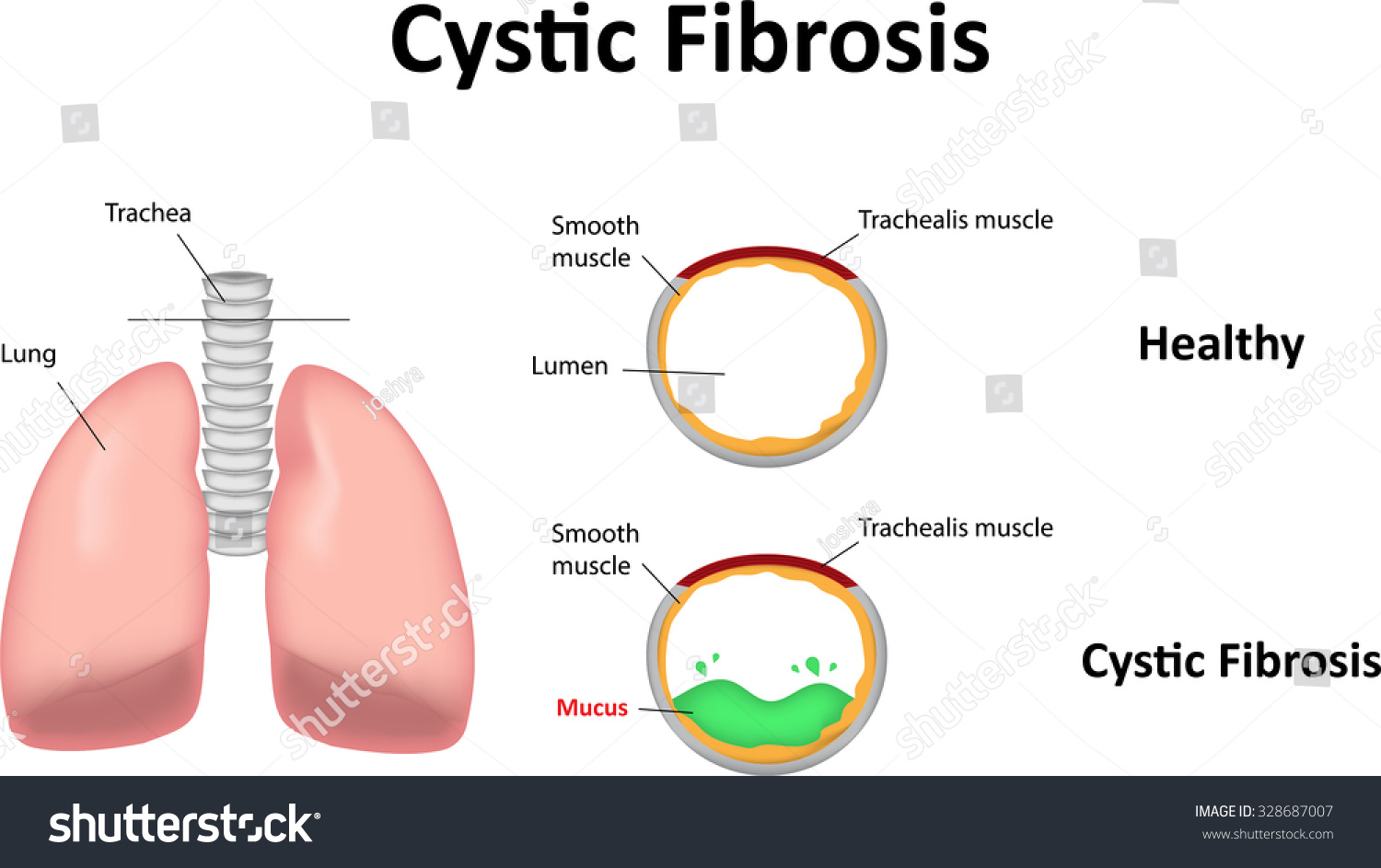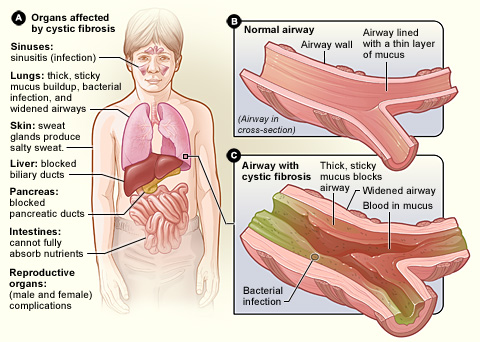What is an ankle sprain?
Most people have twisted an ankle at some point in their life. But if your ankle gets swollen and painful after you twist it, you have most likely sprained it. This means you have stretched and possibly torn the ligaments in your ankle.
Even though ankle sprains are common, they are not always minor injuries. Some people with repeated or severe sprains can develop long-term joint pain and weakness. Treating a sprained ankle can help prevent ongoing ankle problems.

What causes ankle sprains?
Most types of ankle sprains happen when you make a rapid shifting movement with your foot planted, such as when you play soccer or get tackled in football. Often the ankle rolls outward and the foot turns inward. This causes the ligaments on the outside of the ankle to stretch and tear. Less often, the ankle rolls inward and the foot turns outward. This damages the ligaments on the inside of the ankle.
An ankle sprain can range from mild to severe, depending on how badly the ligament is damaged and how many ligaments are injured. With a mild sprain, the ankle may be tender, swollen, and stiff. But it usually feels stable, and you can walk with little pain. A more serious sprain might include bruising and tenderness around the ankle, and walking is painful. In a severe ankle sprain, the ankle is unstable and may feel “wobbly.” You can’t walk, because the ankle gives out and may be very painful.
What are the symptoms?
With most sprains, you feel pain right away at the site of the tear. Often the ankle starts to swell immediately and may bruise . The ankle area is usually tender to touch, and it hurts to move it.
In more severe sprains, you may hear and/or feel something tear, along with a pop or snap. You will probably have extreme pain at first and will not be able to walk or even put weight on your foot. Usually, the more pain and swelling you have, the more severe your ankle sprain is and the longer it will take to heal.
Treatments:
Initial treatment for an ankle sprain is summarized as the RICE approach:
- Rest. You may need to use crutches until walking is not painful without them.
- Ice. For the first 48 to 72 hours or until swelling goes down, apply an ice pack for 10 to 20 minutes every 1 to 2 hours during the day. After 48 hours, you can continue with ice or try contrast baths. There is not good scientific evidence that ice or contrast baths help, but they are often used.
- Compression. An elastic compression wrap will help decrease swelling and should be worn for the first 24 to 36 hours. A protective brace should also be worn if you try to bear weight on your injured ankle. Don’t apply the wrap too tightly. Loosen the bandage if it gets too tight. Signs that the bandage is too tight include numbness, tingling, increased pain, coolness, or swelling in the area below the bandage. See instructions on how to wrap an ankle with an elastic bandage. Compression wraps do not offer protection, except by reminding you to be careful of your ankle.
- Sprained Ankle: Using a Compression Wrap
- Elevation. Raise your ankle above the level of your heart for 2 to 3 hours a day if possible to decrease swelling and bruising.

If you are not taking any prescription pain relievers, you may want to take an over-the-counter pain reliever such as ibuprofen or naproxen to reduce pain and swelling. Be safe with medicines. Read and follow all instructions on the label.
It may help to wear hiking boots or other high-top, lace-up shoes for support. But use caution. Don’t force your foot into a boot if you feel a lot of pain or discomfort.

